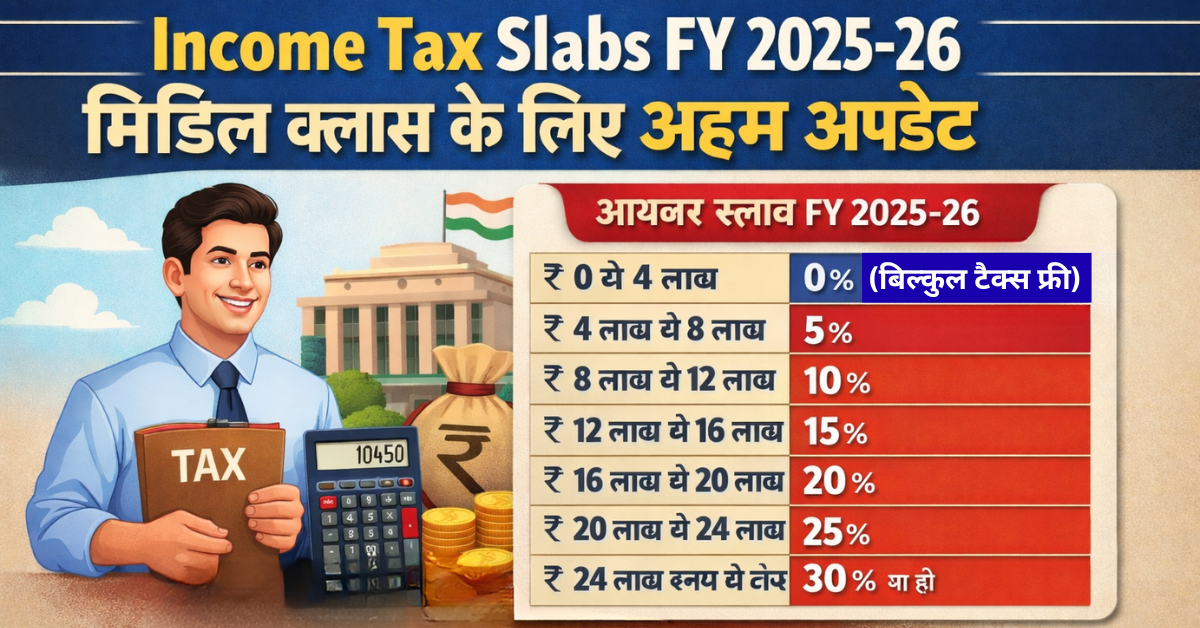|
Getting your Trinity Audio player ready...
|
Mutual Funds in 2025 : In today’s fast-paced world, financial planning has become more important than ever. Among the many investment options available, mutual funds stand out as one of the most accessible,

flexible, and professionally managed investment tools. Whether you’re a beginner or a seasoned investor, mutual funds offer an easy way to grow your money over time.
What is a Mutual Fund?
A mutual fund is an investment vehicle that pools money from multiple investors and invests it in a diversified portfolio of stocks, bonds, or other securities. Professional fund managers manage the fund and make investment decisions to maximize returns for investors.
Each investor in a mutual fund owns units, which represent a portion of the holdings of the fund. The value of these units rises or falls depending on the performance of the underlying assets.
Types of Mutual Funds
Mutual funds come in various types, based on where investors put their money.
- Equity Mutual Funds – These invest primarily in stocks. They offer high return potential but come with higher risk.
- Debt Mutual Funds – These invest in fixed-income securities like government bonds and corporate debt. Investors consider them safer but accept that they generally offer lower returns.
- Hybrid Funds – These combine both equity and debt investments, offering a balanced approach to risk and return.
Benefits of Investing in Mutual Funds
- Diversification – Mutual funds spread investments across different companies and sectors, reducing the overall risk.
- Professional Management – Experts manage the funds, analyze market trends, and make informed investment decisions.
- Affordability – You can start investing with as little as ₹500 per month through SIP (Systematic Investment Plan), making it accessible to all.
- Liquidity – Most mutual funds are easy to buy and sell, providing flexibility whenever you need funds.
- Tax Benefits – Some mutual funds, like ELSS (Equity Linked Saving Scheme), offer tax deductions under Section 80C of the Income Tax Act in India.
Things to Consider Before Investing
- Risk Profile – Understand your own risk tolerance and choose a fund accordingly. Equity funds are riskier than debt funds.
- Investment Goals – Be clear about your investment purpose, whether it’s for short-term goals like a vacation, or long-term ones like retirement or buying a home.
- Fund Performance – Always check a fund’s past performance, though past results do not guarantee future returns. Look at long-term consistency.
- Fund Ratings – Use platforms like CRISIL, Morningstar, or Value Research to check ratings and reviews of mutual funds.
Conclusion
Mutual funds are an excellent option for individuals who want to invest but don’t have the time or expertise to manage their portfolios actively. With the advantages of professional management, diversification, and the flexibility to invest small amounts regularly, mutual funds have become a cornerstone of personal finance in India and around the world.
By investing smartly and staying consistent, mutual funds can help you build wealth and achieve your financial goals.











